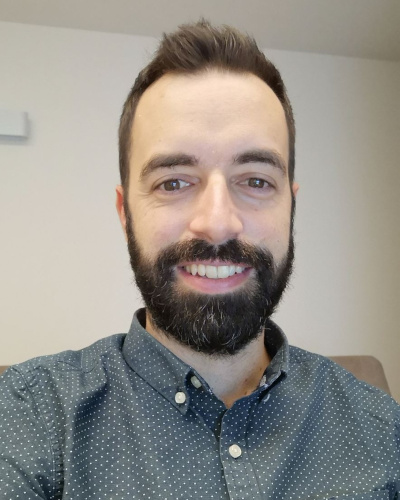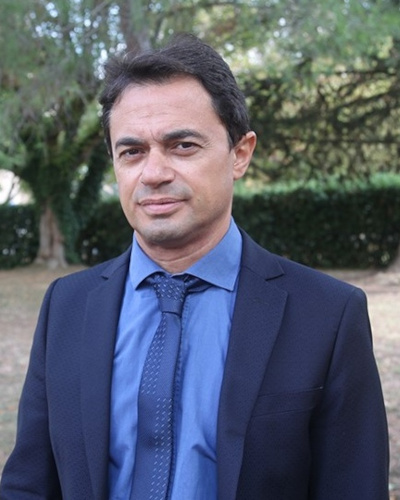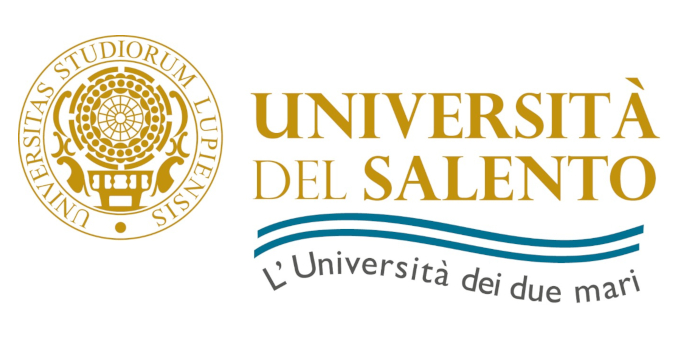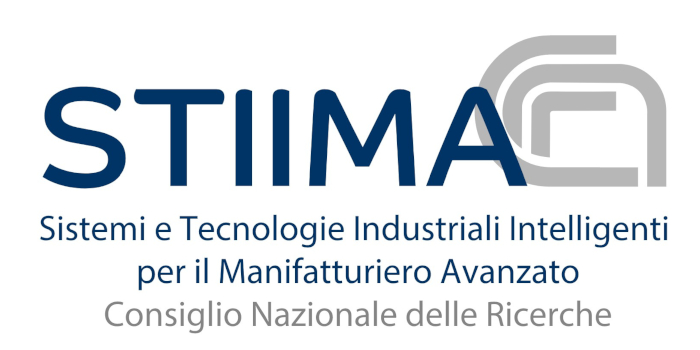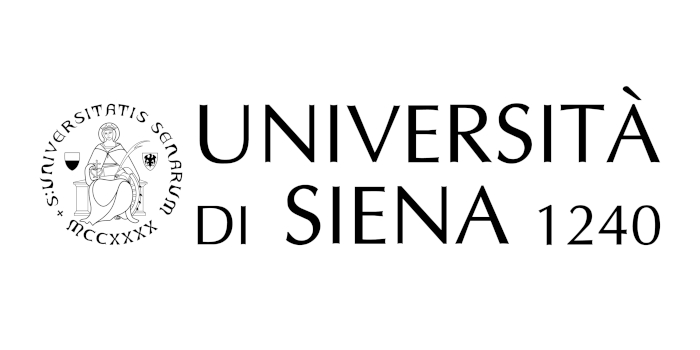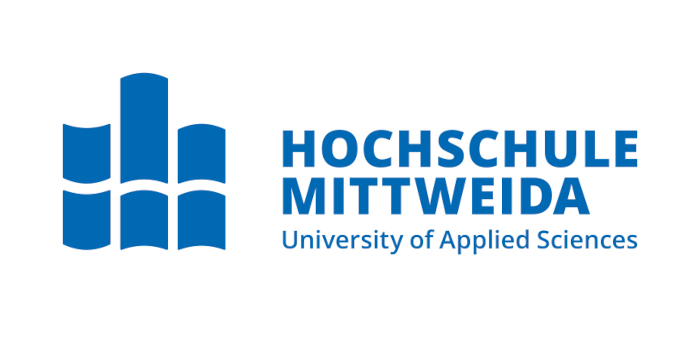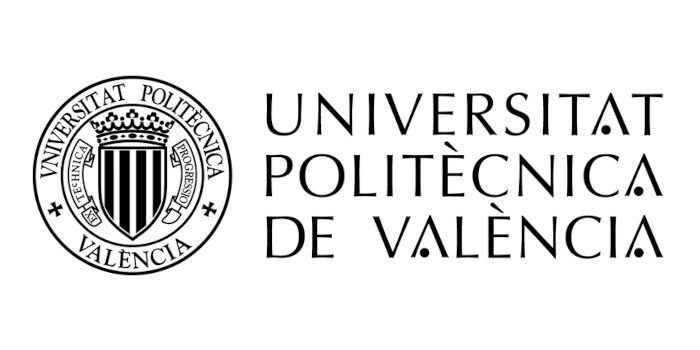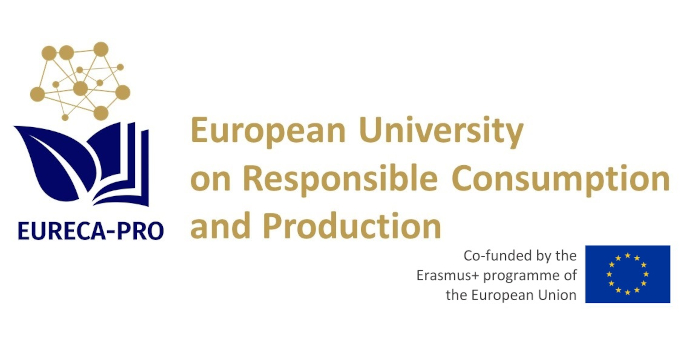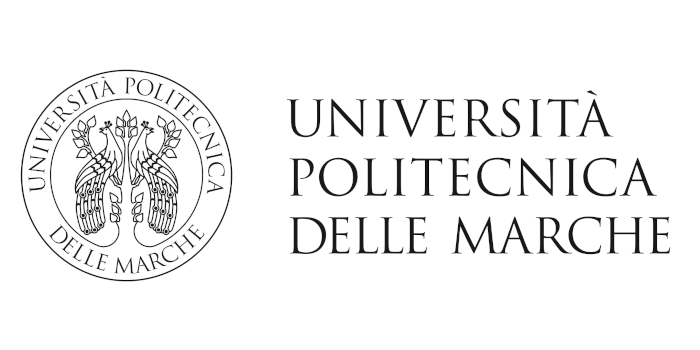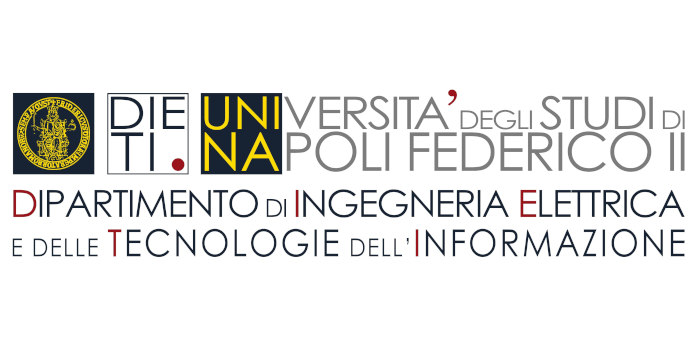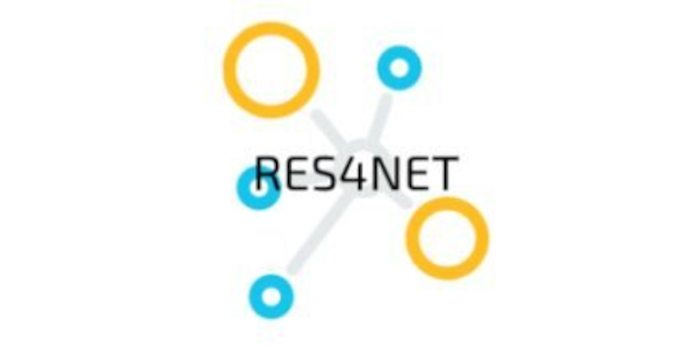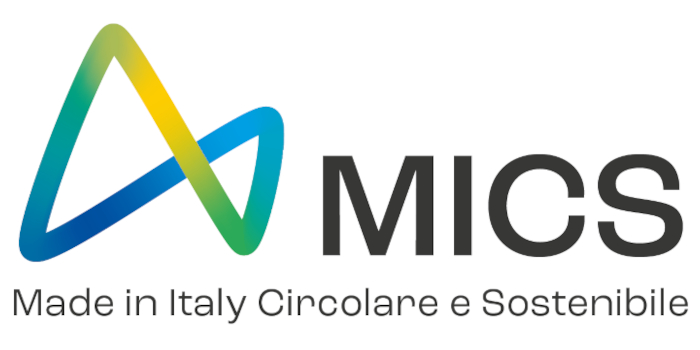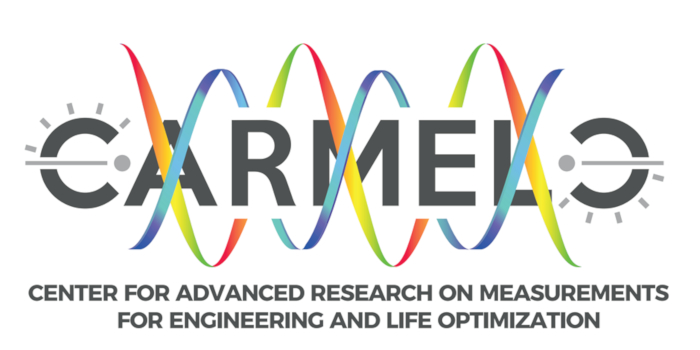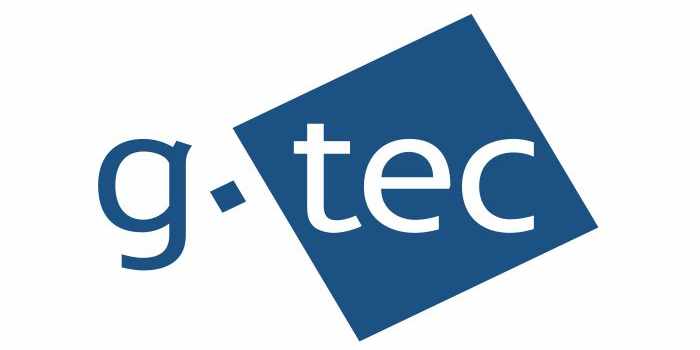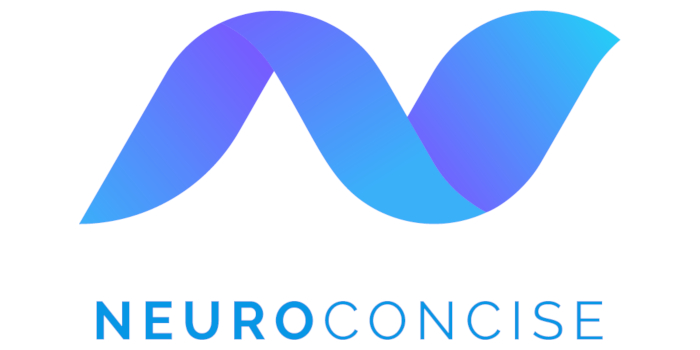SPECIAL SESSION #40
Adaptive and personalized human-machine interfaces
ORGANIZED BY
Alberto Greco
University of Pisa, Italy
Manuela Chessa
University of Genova, Italy
Alejandro Luis Callara
University of Pisa, Italy
Francesco Bossi
University of Pisa, Italy
Danilo Menicucci
University of Pisa, Italy
Enzo Pasquale Scilingo
University of Pisa, Italy
ABSTRACT
Developing adaptive human-machine interfaces (HMI) is critical for maximizing the performance of novel extended reality (XR) and robotic platforms. The adaptability of HMI to dynamic contexts and emotional states of the users would ensure an optimal experience, opening avenues for applying these technologies in psychological, medical, and rehabilitative fields. The personalization of HMI to different personality traits would allow adapting interfaces' efficacy to maximize the motivation of the users while performing tasks. For example, by incorporating the concepts of adaptation and personalization, XR or robotic platforms could be employed to propose rehabilitative tasks adapted to the user's stress and motivation levels. In addition, incorporating biofeedback or neurofeedback systems in XR allows for the implementation of specific interventions to address mental health problems or to enhance specific cognitive abilities. In this context, significant challenges include developing models to infer the emotional state from human physiological signals and map them to machine interface behavior. Artificial intelligence technology could play an important role in pushing these systems to the frontier of the ongoing exploration of human-machine interactions in dynamic and emotionally charged scenarios.
TOPICS
The list of topics of interest includes (but is not limited to):
- Human-machine interaction (HMI);
- Neuro- and biofeedback systems;
- Adaptive virtual, augmented, and extended reality;
- Biofeedback-enhanced virtual environments;
- AI and computational models for emotion recognition;
- Real-time data processing;
- AI for personalization of HMI.
ABOUT THE ORGANIZERS
Alberto Greco, received his Ph.D. degree in Automatics, Robotics, and Bioengineering from the University of Pisa in 2015. He is currently an assistant professor at the Research Center “E. Piaggio” and the Department of Information Engineering at the University of Pisa. His main research interests are physiological signal processing modeling, wearable monitoring systems, and AI. Applications include affective computing and the assessment of mental and consciousness disorders. He is the author of many international scientific contributions in these fields. He is currently the co-coordinator of the European research project POTION and the coordinator of the PRIN project BRAVE.
Manuela Chessa, has a Ph.D. in Bioengineering and she is an Associate Professor in Computer Science at Dept. of Informatics, Bioengineering, Robotics, and Systems Engineering at the University of Genoa. Her research interests focus on developing natural human-machine interfaces based on virtual, augmented, and mixed reality, the perceptual and cognitive aspects of interaction in VR and AR, the development of bioinspired models, and the study of biological and artificial vision systems. She is involved in several Italian and international projects for the development of serious games and exergames. She is the unit leader of the PRIN Italian project BRAVE, and Activity Leader of Activity 7 (Digital Infrastructure, Environments and Services) for the Fit4MedicalRobotics project. She has been the Program Chair of the HUCAPP International Conference on Human-Computer Interaction Theory and Applications. She has been the lecturer for tutorials at VISIGRAPP 2017, ICIAP 2017, and ICVS 2019. She has been the keynote speaker of the IEEE VR workshop ReDigiTS “3D Reconstruction, Digital Twinning, and Simulation for Virtual Experiences“. She organized the first five editions of the tutorial CAIVARS at ISMAR 2018, 2020, 2021, 2022, and 2023. She is the author of more than 90 papers in international book chapters, journals, and conference proceedings and co-inventor of 3 patents.
Alejandro Luis Callara, PhD is a research fellow at the Department of Information Engineering and the Research Center ”E. Piaggio” at the University of Pisa. His main research activity is related to models, methods, and pipelines for biomedical signal and image processing. He is particularly skilled with electroencephalography (EEG) and with methods for inferring brain connectivity from this kind of data. Applications range from physiological coupling modeling to the characterization of brain activity and connectivity in different healthy and pathological conditions. He is the author of several international contributions within these fields.
Dr. Francesco Bossi, experimental psychologist and cognitive neuroscientist, currently works as a post-doc research fellow at the Department of Information Engineering at the University of Pisa. He gained his research experience with a Ph.D. in cognitive neuroscience from the University of Milano-Bicocca and the University of East London in 2018. He has worked as a research fellow at the Italian Institute of Technology in Genoa, the University of Pavia, and the IMT School for Advanced Studies Lucca. He specialized in the field of social cognition and social neuroscience, with numerous studies (both cognitive and neurophysiological in nature) on human-robot interaction, social exclusion and autism, perception of facial and bodily expressions, and biological motion, publishing in various international peer-reviewed scientific journals.
Danilo Menicucci, received the M.S. degree in applied physics and the Ph.D. degree in basic neuroscience from the University of Pisa, Pisa, Italy. He is currently a Researcher in psychophysiology with the Department of Surgical, Medical and Molecular Pathology and Critical Care Medicine, University of Pisa. His current research interests include social anxiety disorders, sleep psychophysiology, cognitive and emotional modulation of the brain, cognitive neuroscience, and experimental psychology and neurophysiology.
Enzo Pasquale Scilingo, PhD, is a Full Professor in Electronic and Information Bioengineering at the University of Pisa. He has several teaching activities and he is the supervisor of several PhD students. He coordinated the European projects “PSYCHE” and "NEVERMIND", and he is currently coordinating the H2020 European project “POTION”. His main research interests are in wearable monitoring systems, human-computer interfaces, biomedical and biomechanical signal processing, modeling, control, and instrumentation. He is the author of more than 200 papers in peer-reviewed journals, contributions to international conferences, and chapters in international books.


